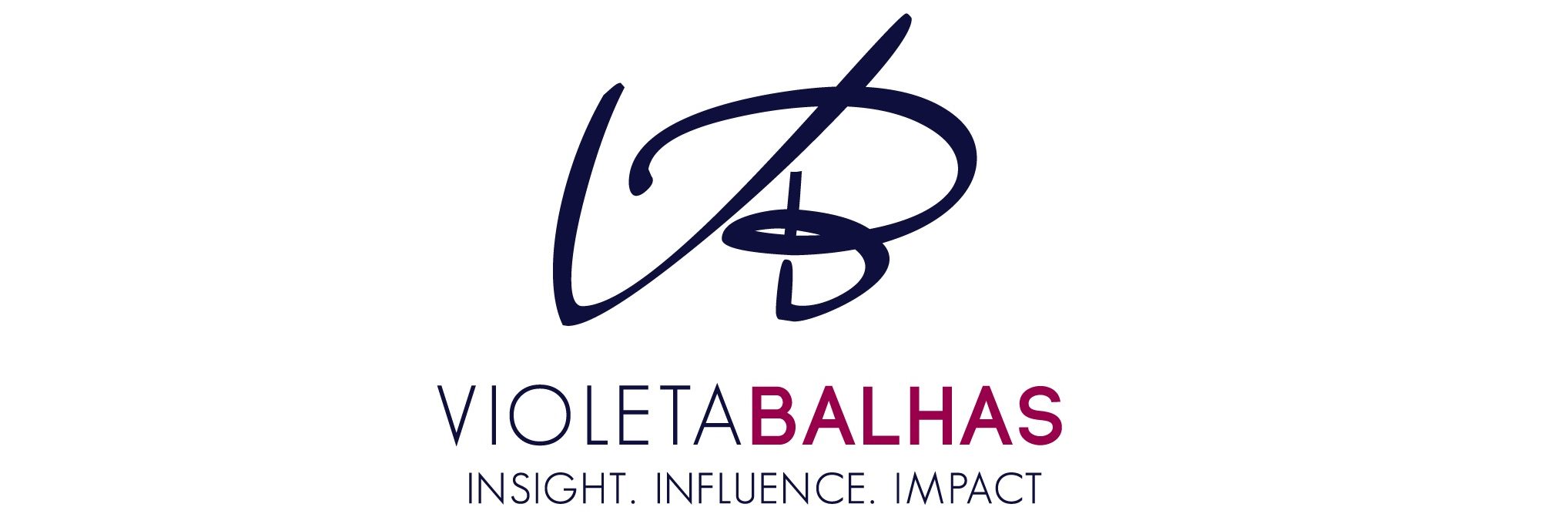A few years ago, I did a coaching course. One of the things we were told was to “grow the network” as part of our coaching practice. This included joining networking groups, getting out into the world, and adding as many people as we could to our social media profiles.
You know how Facebook works, right? You add a bunch of people to your contacts, and a bunch of people add you, and it begins this chain reaction where your “friends” list grows at tremendous speed. You may not know everyone, but by gum, you are all in the same boat, and you all have friends in common, and that’s a network.
Because of this advice, I had thousands of such “friends” on Facebook.
And last week, I deleted most of them.
What happened? Well, rather than crickets chirping and tumbleweeds rolling by, my feed became clean… and meaningful. The hubbub of voices all clamouring the same things died down, and instead there were individual voices. Personalities. Realness. Connection.
Why did I risk “the network” it took me years to build?
- Because just because we’re connected, it doesn’t mean we’re connected. I had almost zero connection with many of these people – of any shape or form. What did they bring to my life? I mean really? And what, by the same token, did I bring to theirs? There’s no need to answer this one, because if either had been significant, there would have been a connection. End of.
- Because not all networks are equal. Some people find that their networks are best composed of people in the same profession, so they can all support and help each other; others prefer a big, wide pool of diversity. Either way, it needs to work. Not merely trust that it’s working because someone said it will work and should work, but you need to be able to test, measure, and prove it for yourself. Facebook didn’t work for me as a professional network. All I had in my social network was a bunch of people trying to sell the same products, services, and ideas to each other. Which brings me to my next point.
- Because I didn’t want more cogs from the same machinery. When I did the course I started off with the idea that I could be a life coach, but within a short time had cottoned on that coaching is a methodology – not a profession. So I, like other wonderful people still in my network, added that methodology to other methodologies I use in my area of expertise. But most of the contacts I deleted haven’t made that differentiation, and so they grind away, all of them doing “coaching”, continually encouraged – for obvious reasons – by the coaching industry and culture. It’s actually deadly serious stuff, particularly taking into account the massive elephant in the room that life coaches earn an average of $12,000 a year. Not just that, but even though most coaches work with valuable principles, they haven’t taken the time, energy, or thought to make them their own beyond rebranding them. I don’t need thousands of people in my network doing the same thing with no deviation or thought of their own – that’s what production lines in factories are for. Or cults.
- Because I want to hear clear, individual voices. This is, by far, the main reason why I deleted all those people. They all sounded the bloody same. I could overlook – and indeed, did overlook – the previous three things if only the person in question had a clear, individual voice, because voice is everything. It’s connection, and it’s what differentiates what you communicate to the world from the hubbub. I’ve spoken and written about voice for decades now, and it’s worth revisiting again because here’s the deal: it’s all been done before. The philosophies, the brilliant ideas, the principles – all of it. The trick is in doing it once more, with feeling. This means voice. Voice requires knowing your audience, having a clear message, and conveying your attitude, all in your individual style. It takes practice. And it doesn’t happen when your message is actually someone else’s, or you’re using the jargon and buzzwords everyone else is using, or your attitude isn’t genuine. Above everything, it requires vulnerability, and people without individual voices aren’t vulnerable: they’re hiding in plain sight.
Maybe you want to improve your social media feed and need to delete some contacts. Maybe you were deleted by someone and are wondering why. Either way, you probably have some thinking to do. But before you go off to think, I want to leave you with a final thought. A couple of weeks ago in Argentina, I was having a D&M with my niece’s husband, Eduardo. He told me, “You know Viole, the older I get, the more I realise that the people who are not worth your time steal time from the people who most deserve it”.
Now how about that.

